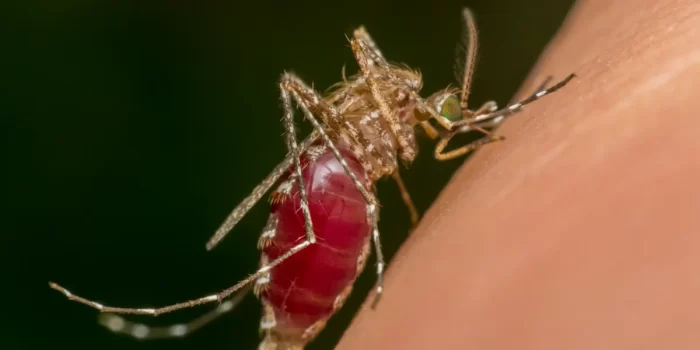Introduction
Malaria control strategies are essential in combating this devastating disease, particularly in low- and middle-income countries (LMICs). Through the One Health approach, professionals across environmental science, entomology, and medicine collaborate to tackle malaria comprehensively. This article explores innovative efforts in vector control, patient treatment, and vaccine development that are transforming malaria management worldwide.
You're viewing a members-only article.
To keep reading, please log in or join the One Health Society.
Stay connected to exclusive insights, expert commentary, and opportunities to collaborate across the fields of human, animal, and environmental health.
Already a member? Log In
New here? Join the One Health Society - become One
Vector Control in Zanzibar: A One Health Success Story
Entomology's Role in Mosquito Management
Entomologists play a crucial role in malaria prevention by studying Anopheles mosquito behavior. In Zanzibar, the Zanzibar Malaria Elimination Program (ZAMEP) utilized insecticide-treated bed nets (ITNs) and indoor residual spraying (IRS) to reduce mosquito populations. By 2012, IRS campaigns covered over 90% of households, significantly decreasing malaria transmission. [1]
Environmental Science Interventions
Environmental scientists addressed mosquito breeding sites through community-led water management initiatives. Simple measures, such as draining stagnant water and filling potholes, helped eliminate mosquito habitats. In 2015, schoolchildren in Zanzibar actively mapped mosquito breeding areas, increasing local engagement in vector control. [1]
By 2020, malaria prevalence in Zanzibar had dropped to below 1%, showcasing the power of integrating environmental science with public health measures. [1]
Treating Malaria in Mali: A Clinical Perspective
Hospital-Based Interventions
In Mali, malaria remains a leading cause of mortality, particularly during the rainy season. The World Health Organization (WHO) provides guidelines on malaria case management, prioritizing rapid diagnostic testing and artemisinin-based combination therapy (ACT) for severe cases. [1]
Vaccine Development: The Future of Malaria Control
Breakthroughs in RTS,S Vaccine Implementation
The RTS,S/AS01 vaccine, developed by the PATH Malaria Vaccine Initiative and GlaxoSmithKline, marked a milestone in malaria prevention. Introduced in Ghana, Kenya, and Malawi in 2019, it reduced severe malaria cases by 30%, leading the World Health Organization (WHO) to recommend widespread use in 2021. [2]
The Power of One Health Collaboration
The battle against malaria highlights the necessity of multidisciplinary cooperation. Entomologists, environmental scientists, medical professionals, and vaccine researchers each play a critical role in malaria prevention and treatment. From reducing mosquito populations in Zanzibar to treating patients in Mali and deploying vaccines in Malawi, the One Health approach exemplifies how collective action can save lives and strengthen global health resilience.
As Dr. Pedro Alonso, former director of the WHO Global Malaria Programme, stated, *”Malaria elimination requires a coordinated, multi-sectoral approach. The success we’ve seen in some regions is a testament to the power of collaboration. [1]
References
- World Health Organization. (2021). World Malaria Report 2021. Geneva: WHO Press. https://www.who.int/publications/i/item/9789240040496.
- World Health Organization. (2021). WHO Recommends RTS,S/AS01 Malaria Vaccine for Widespread Use. Geneva: WHO Press. https://www.who.int/news/item/06-10-2021-who-recommends-groundbreaking-malaria-vaccine-for-children-at-risk.













